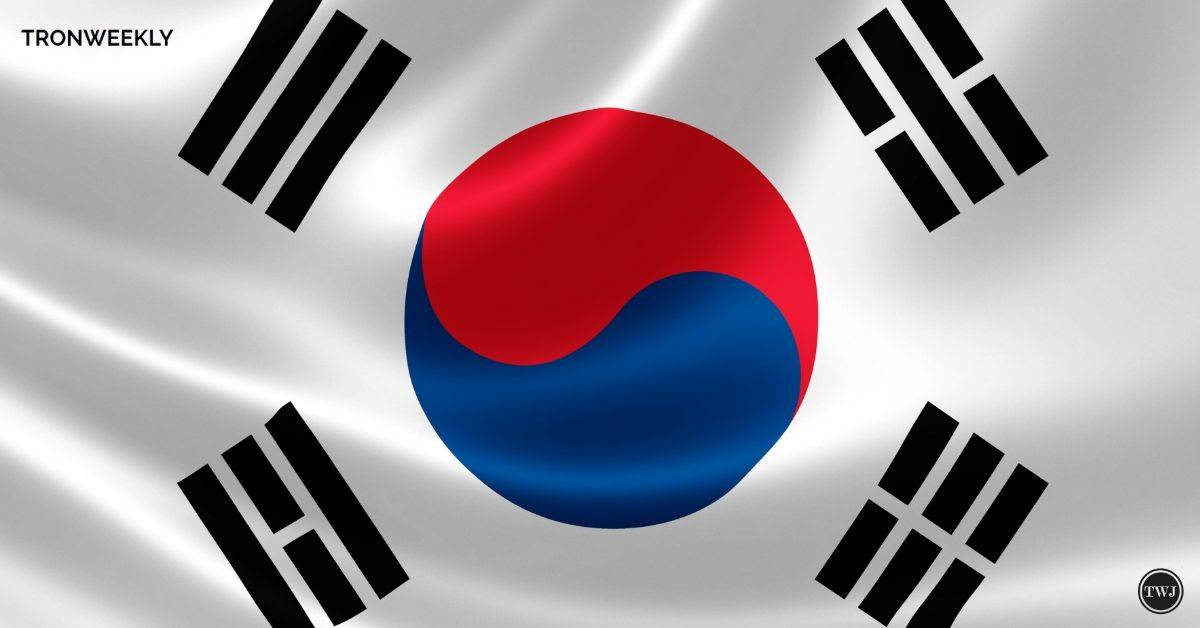
The Head of South Korea’s Financial Supervisory Service (FSS) will meet Gary Gensler, who is the chair of the US Securities and Exchange Commission (SEC), in May this year, according to a report by Edaily. Non-fungible token (NFT) legal status and SPOT bitcoin exchange-traded funds (ETFs) approval will be among the topics to be discussed during the meeting.
NFTs represent digital tokens of unique and scarce digital assets like art or music. Their recent popularity comes as celebrities sold NFTs for millions. However, South Korea does not classify NFTs as regulated “virtual assets” under crypto laws. The government believes NFTs have less financial market impact than cryptocurrencies.
However, as demand and speculation increase, Lee Bok-hyun has to meet with Gensler to see if NFTs should be treated as virtual assets under the law. If NFTs are considered virtual assets, then they may be governed by the FSS, which will impose some regulatory requirements on issuers and traders. These conditions may involve securing a license, teaming up with a bank, and obeying rules against money laundering.
Spot Bitcoin ETFs Approval in South Korea
Another topic of discussion between Lee Bok-hyun and Gensler will be the approval of spot bitcoin ETFs in South Korea. A spot bitcoin ETF is a fund that tracks the price of bitcoin and trades on a stock exchange. It allows investors to gain exposure to Bitcoin without having to buy, store, or manage the cryptocurrency themselves.
South Korea has banned local institutions from launching crypto-related products, such as ETFs, futures, or derivatives. It has also prohibited companies from brokering overseas-based spot bitcoin ETFs, which are available in countries like Canada and Brazil. The government has cited concerns over the volatility, security, and legality of cryptocurrencies, as well as the lack of investor protection.
However, both the ruling and the opposition parties in South Korea have announced that they will support the launch of local spot bitcoin ETFs in their election pledges ahead of the general election on April 10. They have argued that spot bitcoin ETFs will provide more options and transparency for investors, as well as boost the competitiveness and innovation of the local crypto industry.
Regulatory Framework
Meanwhile, South Korea is getting ready to launch the initial stage of its regulatory framework for cryptocurrencies, which will be put into effect in July. The intention of this framework is to guard against scams and hacking that crypto investors are prone to and manipulation of the markets through imposing some guidelines on crypto-services providers such as exchanges, wallets, and custodians.
The second half of the regulatory framework, which is still under development, will focus on standardizing the issuance and disclosure of crypto tokens, such as initial coin offerings (ICOs) and security token offerings (STOs). The framework will also address the taxation and accounting of crypto assets, as well as the supervision and enforcement of the regulations.
The meeting between Lee Bok-hyun and Gensler will be an opportunity for South Korea and the U.S. to exchange views and experiences on regulating the fast-growing and complex crypto market. It will also reflect the increasing global interest and attention on NFTs and bitcoin ETFs, as well as the challenges and opportunities they pose for the financial system.










